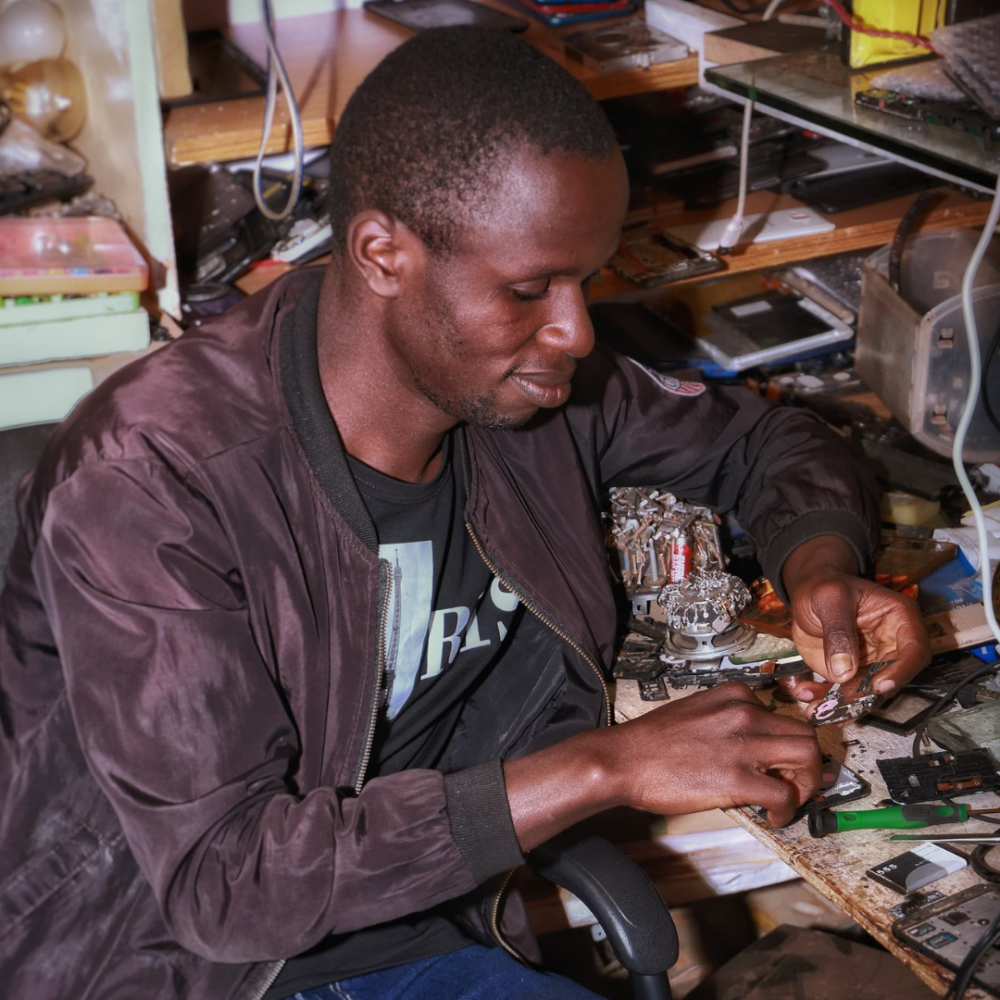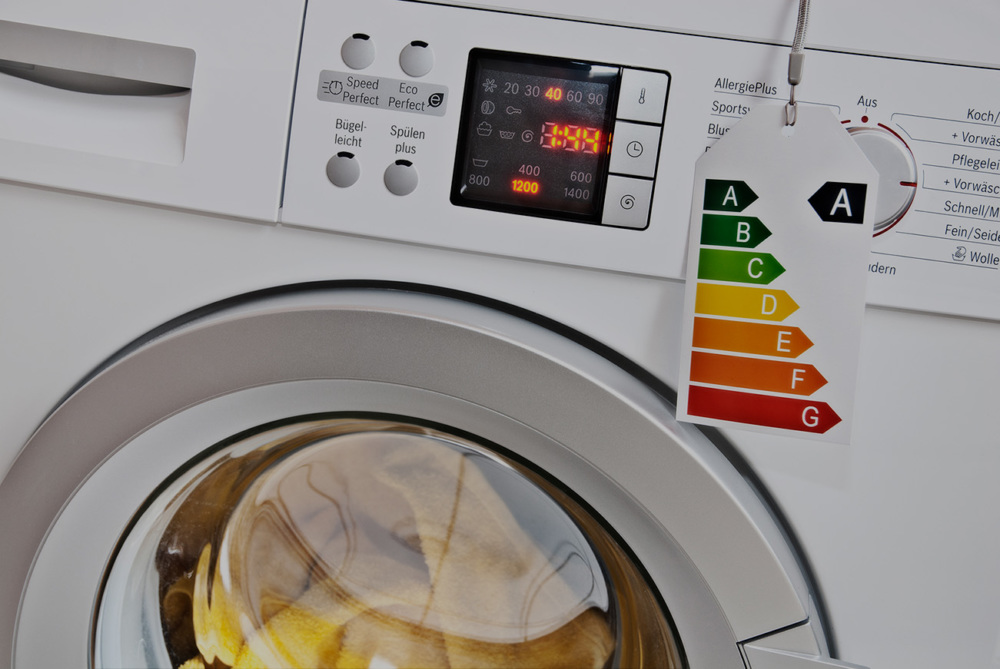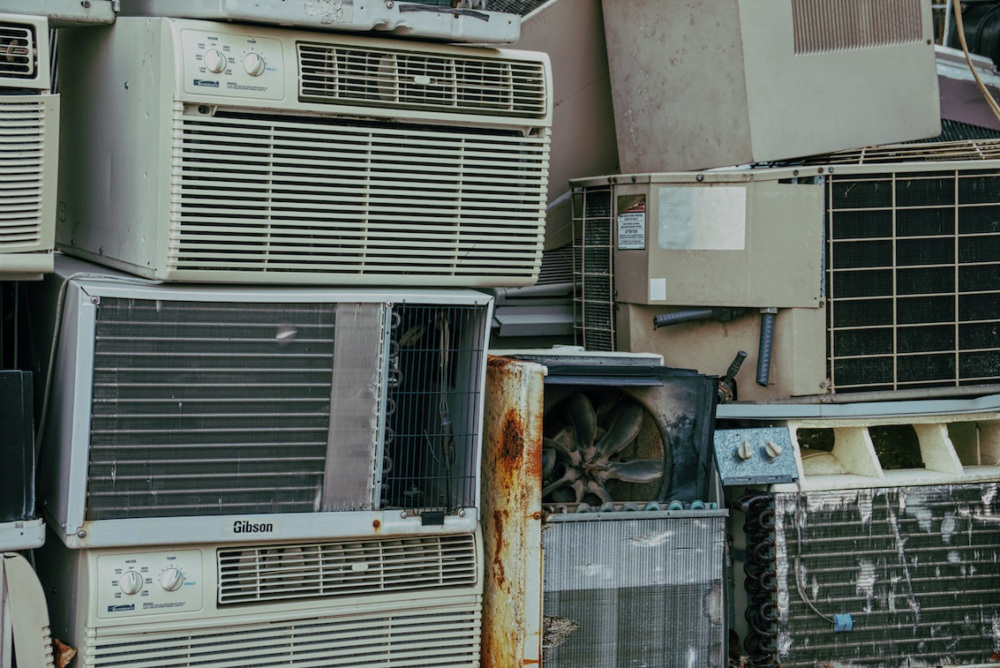Independent Contribution to EU Ecodesign and Energy Labelling for Commercial Refrigeration Equipment
Summary
Download Report
- 2014 11 Analysis Eu Policy Proposals Dgenerlot12 Regional Comparisons
- 2014 11 Lot 12 Commercial Refrigeration Specific Issues
Fill out the form below to activate file downloads
In support of the European Commission’s ongoing review of existing energy efficiency policies for appliances, CLASP prepared two discussion papers. These represent an independent contribution to help inform development of the Ecodesign and Energy Labelling criteria for commercial refrigeration equipment under DG ENER Lot 12.
During 2014, the Commission prepared proposals for minimum efficiency requirements and energy labels for five types of commercial refrigeration equipment: supermarket segment refrigerated commercial display cabinets, beverage coolers, refrigerated vending machines, small ice-cream freezers, and soft scoop ice-cream cabinets. CLASP’s analysis focuses on the highest impact equipment from that overall scope, namely:
- Key types of supermarket display cabinets (vertical chilled and horizontal frozen);
- Beverage coolers; and
- Refrigerated vending machines
Our analysis is published in two separate reports. The first report, Analysis of EU Policy Proposals for DG ENER Lot 12 Commercial Refrigeration, examines how the proposed European thresholds for labels and minimum energy performance standards (MEPS) compare with policy thresholds for the same equipment in other parts of the world, as well as with real product performance data. This analysis will assist stakeholders in assessing the appropriateness of the level of stringency.
The second report, Analysis of Specific Issues Regarding EU Policy Proposals for DG ENER Lot 12 Commercial Refrigeration, presents the results of our investigation into priority aspects of evidence that are of interest to the Commission. These include:
- Benchmark figures for “best-in-world” MEPS to compare with EU proposals;
- Evidence about the difference in efficiency between integral and remote cabinets;
- How policies in other regions have attempted to minimize the testing burden on manufacturers, including “representative cabinets;”
- Ensuring more accurate, repeatable and reproducible test methods (reducing the potential for ‘gaming’);
- Information on likely impact on small and medium enterprises (SMEs);
- CLASP’s views on some aspects of the comments submitted to the Consultation Forum by the European Partnership for Energy and the Environment (EPEE) and Eurovent on September 1, 2014.
These reports were authored for CLASP by Jeremy Tait of Tait Consulting Limited, with support from Judith Evans of RT&D and Marie Baton of CLASP.






